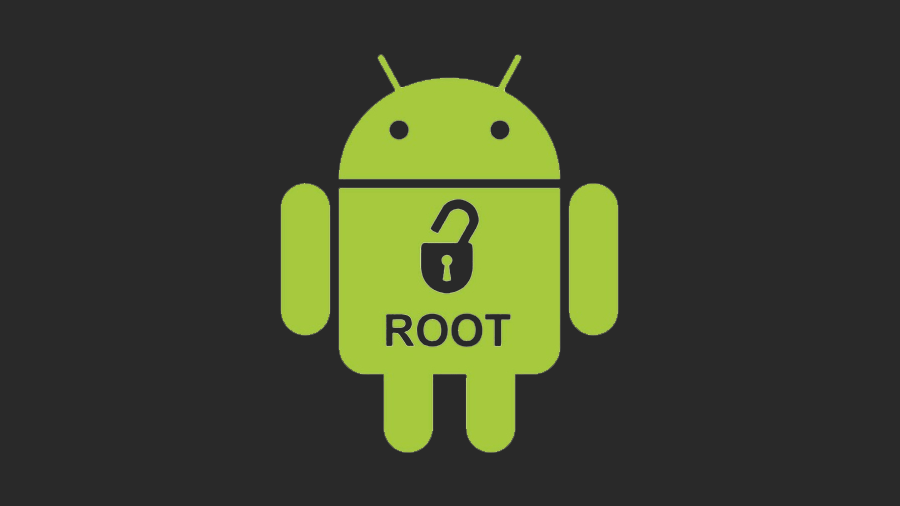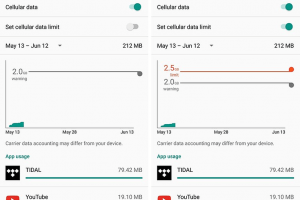The first time I heard about rooting an Android phone, I was totally green about what they were talking about. From a rough explanation by my friends, rooting would enable one delete system apps they don’t need.
In the early days, this was a fairly simple procedure on most devices. There were several apps and tools that could root almost any Android phone or tablet, and you’d be ready to truly master your device in mere minutes. As Android became more capable, the allure of rooting has diminished. It’s also much harder and riskier than it used to be.
What Is Rooting?
Since Android is based on Linux and uses a Linux kernel, “rooting” effectively means allowing access to root permissions in Linux. These permissions aren’t granted to normal users and apps, so you have to do some special work to gain them.
What are the advantages and dangers of rooting these days?
The advantages of rooting
Gaining root access on Android is similar to running Windows as an administrator. You have full access to the system directory and can make changes to the way the OS operates. After rooting, you install usage manager which is basically the gatekeeper of root access on your phone. When an app requests root, you have to approve it using the root manager.
If you have a system app that you really don’t like seeing, but it can’t be disabled through the standard method, rooting becomes relevant. With root you can run an app like Titanium Backup to delete or permanently hide the app. Ad-blocking software on Android needs root access as well, it modifies the Android hosts file to block known ad servers.
Having root access ensures you’ll never lose anything again. Not only can you restore “deleted” files, you can make full backups of your apps and system.
The dangers of rooting
Android is designed in such a way that it’s hard to break things with a limited user profile. A superuser, however, can really trash things by installing the wrong app or making changes to system files.
The security model of Android is also compromised to a certain degree as root apps have much more access to your system. Malware on a rooted phone can access a lot of data.
For this reason, Google does not officially support rooted devices. There’s even an API called SafetyNet that apps can call on to make sure a device has not been tampered with or compromised by hackers. A number of apps that handle sensitive data will do this check and refuse to run on rooted devices. One of the most prominent examples of this is Android Pay; it cannot be opened on devices that fail the SafetyNet check. If losing access to high-security apps is a big deal, you might not want to mess around with rooting.
Root methods are sometimes messy and dangerous in their own right. You might brick your device simply trying to root it, and you’ve probably voided your warranty doing so.
Related Article: Before you root your Android Smartphone, Here’s what you need to know.
Starting in Android 5.0 Lollipop, system updates for some phones only work on stock unrooted devices. This is because of a change to the way Android processes the OTA file. Updates now patch the entire system directory as a single blob, so any changes or extra files will throw off the verification and the update will abort.
On other devices, virtually every OTA update you get will wipe out root and block the method from working again. If having root access is really important to you, you might be left waiting on older buggy software while you beg for a new root method.
Why is rooting so much harder than it used to be?
Gaining root access on most devices is much harder lately than it once was. There were exploits years back that could root almost any Android device in a few minutes, but that’s much less common now.
The reason these exploits are patched so quickly now is that having active exploits on your system is actually a bad thing for most users. These are security holes that can be utilized by malware to take over a device remotely and steal data. Google and the device makers are being responsible when they shut down root methods after they are disclosed.
So should you do it?
If you simply want to ‘play around’ with the Android system primarily, you should figure that when you choose a phone. You can opt for the earlier versions of Android that are easier to root. Don’t get something hoping that root method will be released, because you might be waiting a long time for a messy exploit that gets patched right away.
Root can be a lot of fun to play around with, but it can also lead to plenty of frustration as you try to fix errors caused by overzealous modding. The added issues with security lockouts should also give you pause.
Rooting Android phones has been a key element of smartphone ownership life ever since they became popular. By rooting a phone, you take control over the key system admin functionalities of it, allowing for more advanced customization of the device. Back in the early days you may have heard people say that rooting your phone is a must that everyone should do. Is it still a valid piece of advice today? This article breaks that down very well.












